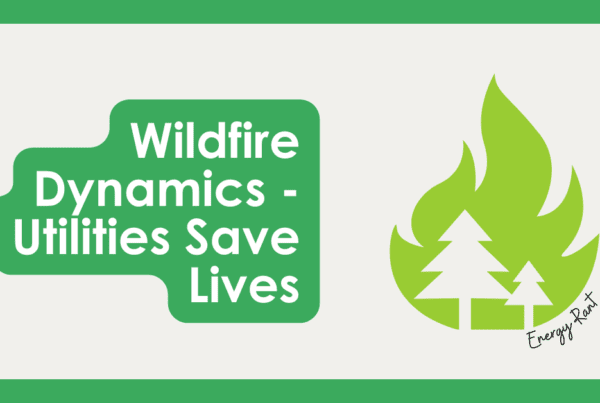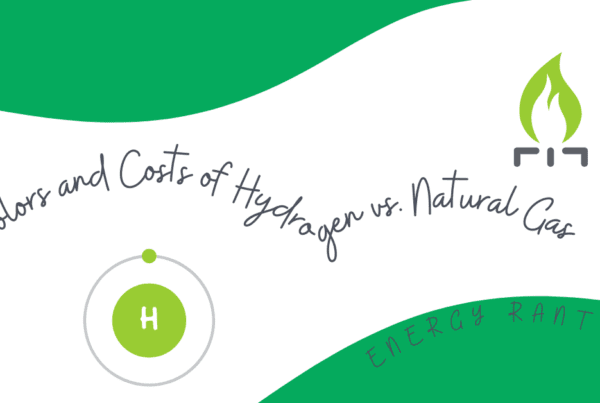“Green jobs” have been all the buzz for quite some time, probably before Barack Obama was elected president, but I don’t know for sure. What the heck is a green job anyway? Some real answers include those like we have at Michaels Engineering with 20+ engineers working full time on real energy-saving projects. Another example is the guy who operates the humongous crane that helps erect humongous wind turbines.
But politicians and academic eggheads aren’t talking about jobs like we have at Michaels, although they probably do agree the crane driver has a green job, but it goes far beyond that to Alice’s wonderland. Take this Mark Izeman guy’s interview. I’ll paraphrase the questions and answers for brevity here.
Q: What should graduates look for by way of green jobs?
A: Look into areas of energy efficiency, renewable, cap and trade, and local food, which is a red hot issue.
These are shot gun recommendations for everyone leaving college with cap and gown stuffed in a suit case: physical education, political science, sociology, library science, foreign relations, mass communication majors included. Quite frankly, I don’t know what people with these sorts of academic backgrounds are going to do unless they want to weld and assemble wind turbines and electric cars. Otherwise, there are always more PR jobs like the guy being interviewed in the article, but what good does that do? It’s like hiring cheerleaders to double as special teams experts in the NFL. What we need is more players and fewer cheerleaders (strictly speaking about the “green jobs” industry and not the NFL).
And then he says buying local food. What are you going to do with that? Start your own vegetable farm? I think there is a lot of cheap land available in Detroit for this. There are more jobs available working for Dole, which grow strawberries in CA, bananas from Guatemala or Ecuador or someplace like that. I’m sure there are a lot of management, marketing and sales jobs and stuff like that with these companies. Oh, I forgot. These aren’t “green jobs”. Never mind.
RA (real answer): Think before selecting a college major. With an engineering degree you will have the flexibility to fill or create any number of green jobs. Library science guy? Not so much, for real anyway.
Q: Has the stimulus created “green jobs”?
A: Fifty thousand “green jobs” have been saved or created.
Can we count the 20 plus engineering jobs we “saved” in this total? Why did “jobs created” morph into “jobs created or saved”? Obviously, the latter can mean anything. Since the 4 million jobs have disappeared while the unemployment rate has gone up (down most recently because the workforce is shrinking as people quit looking for work), it’s pretty hard to claim jobs have been created.
Fifty thousand is a pathetic number, even if it represented “created jobs” only. Here’s a sneaky secret: you know when you apply for a federal grant, which seems to be part of nearly everyone’s business model nowadays, one of the selection criteria is you guessed it, “jobs created or saved”. Well my new LED street lighting job is going to create or save at least 200 jobs. This probably gets as much scrutiny as an Energy Star dust mop.
RA: Nobody has a clue, really.
Q: How many “green manufacturing jobs” will replace lost manufacturing jobs?
A: Lieberman/Kerry cap and trade will create 200,000 jobs per year over the next 10 years.
RA: In China and India.
Q: How do you define “green jobs” in the first place?
A: He doesn’t know but the Bureau of Labor and Statistics is figuring it out.
Why? A job is a job, so if my job is a green job, I guess that’s one less engineering services job. It’s one or the other.
RA: Whatever it takes to capture enough jobs for some political end.
Q: What is the outlook for “green jobs” sector over the next 40 years?
A: “Greening the economy and creating new jobs, which will become so plentiful and normal we won’t label them “green jobs”.
RA: The outlook is good. I don’t think this will be going away, but let’s dispose with the “green jobs” moniker, which is just political wrapping paper to pass massive spending bills.
Demand for green stuff is growing on its own. Take LEED, which is run by a non-profit United States Green Building Council. It has been wildly successful and as far as I know, it has taken very little if any money from federal, state, or local governments. I don’t see a single government employee on the board of director committees. Gee. I wonder if there is a connection between wild success and lack of government bureaucrats?? You don’t suppose.
Wal-Mart has probably produced more “green jobs” per the definition provided in the article/interview noted above than the federal government could ever hope to accomplish. People buy hybrid cars on their own volition. Leading hybrid-producing car companies didn’t need any government largess to be successful in this market. I do think they will need government handouts for development of electric vehicles which, I am guessing will go on the scrap heap of bad ideas, right on top of the fuel cell vehicles that we should have been driving by the thousands by now. More on this later.






Join the discussion One Comment